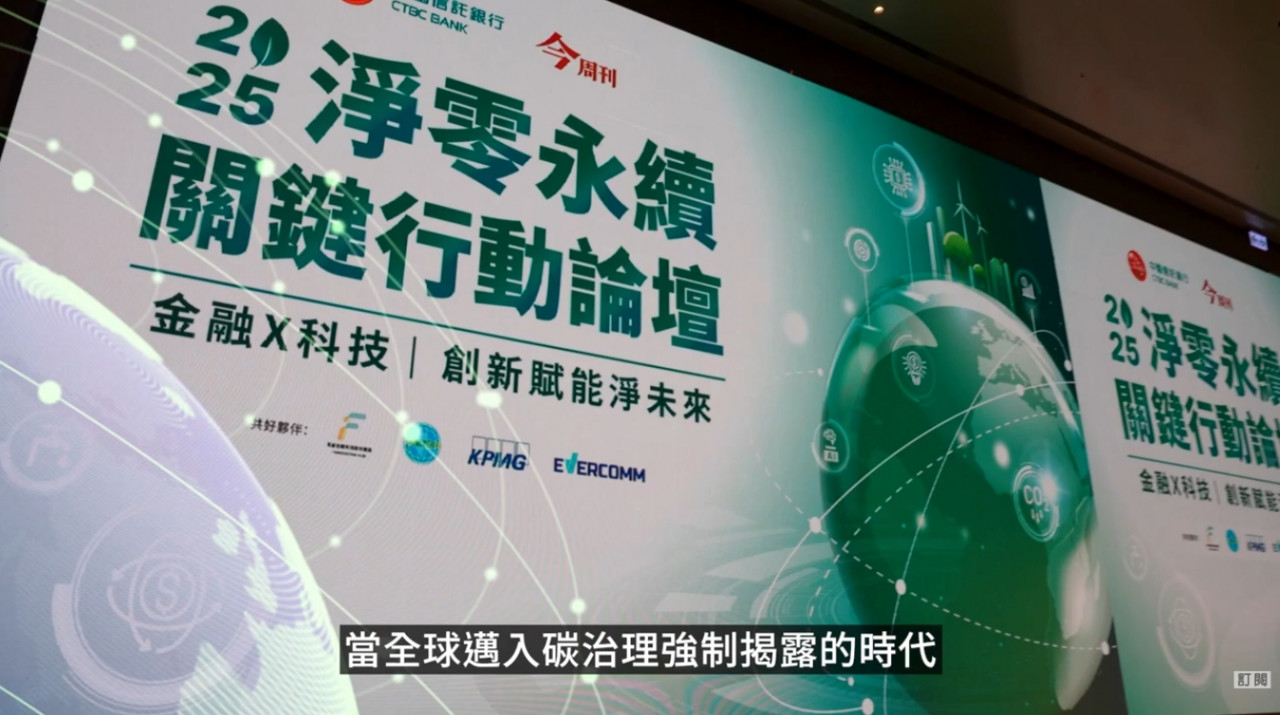In an exclusive interview with Business Today, Lin discussed “impact investing” and how he became more and more involved as the trials and obstacles he faced eventually became inspirations. According to Nonprofit Finance Fund CEO Antony Bugg-Levine, who coined the term, impact investments are investments made “with the intention of generating social and environmental impact alongside a financial return.”
Lin said, as an investor, the goal is still to make money. However, helping people while doing so does not conflict with the goal.
“I hope to find businesses that are willing to spread love and provide an equal opportunity for the next generation in the areas of education, medicine, and mental health.”
At the height of Lin’s popularity in the NBA, a period known to the world as “Linsanity,” Lin founded JLIN LLC to manage his brand, endorsement deals, and charity work. Beginning in 2022, the company has put increasing resources into impact investing, making it a fourth focus.
Prior to founding the company and engaging in impact investing, however, Lin was already interested in finding ways to help people. At Harvard University, Lin not only studied economics but also minored in sociology.
He said it was because he wanted to understand why poor communities stay poor and how the vicious cycle can be broken. “This was what I learned at university, so the moment I graduated, I wanted to do charity work.”
In 2011, Lin founded the Jeremy Lin Foundation, realizing a dream he had had since childhood.
Early on in his NBA career, while he was with the Golden State Warriors, he was already putting part of his income into charity. Aside from paying back his student loan, his parents’ debt, and supporting his brothers’ tuition, Lin said he donated at least 10% of his income.
“When I realized that I had more money, I knew this fortune could be used for investments. The money I make through investment, I can continue to give back,” Lin said.
Business Today cited Wealthy Genius as estimating in 2021 that Lin was worth around US$40 million. Even disregarding the increased percentage of income Lin puts towards charity, Lin has put in at least US$4 million in donations and impact investing.
Compared to the most “luxurious” thing Lin has ever purchased — a Jeep Wrangler that cost over NT$2 million (US$65,200) at most — Lin has spent fortunes on charity.
Helping others while making money
Lin recalled a company located not far from where he lived that would buy land from insolvent owners or those rushing to sell, then build apartments to rent out at low prices to underprivileged families or individuals. Lin invested in the company, one of the earlier impact investments he made.
Around the same time, Lin met Robert Kim, who was also highly interested in impact investing and would later become his financial consultant in the area. Kim served in the Caprock Group for eight years, during which he said he participated in over 100 impact investment projects, including Lin’s.
Together, they began looking for projects they found meaningful. One of them was Propel, a company that created the mobile application “Providers” to streamline the process of applying for and getting food stamps as well as researching social benefit quotas.
“Around 6 million active users are using it,” Kim said. “Propel also provides a debit card service that allows users to know how much they’re spending.”
The large user base and increasing number of business partners helped Propel quickly develop a business model that was both profitable and impactful. While many businesses faced difficulty during the pandemic, Propel’s user base and revenue continued to grow, and Lin saw the company as an example of how creativity allows people to help others while making money.
Lin was not always so concerned about his impact. He said during the Linsanity period, he was preoccupied with figuring out who he could trust: “I was very afraid, so many people around me wanted to use me to make money. Many people who I thought I could trust later betrayed me.”
He added that for four to five years, he could not bring himself to trust anyone. His struggle eventually turned into numbness.
As time passed, however, he said he began to appreciate the small things in life that he did not appreciate in the past. Gradually, he healed and repaired his relationships with some people, realizing rather than shunning people, he wanted to help them.
Lin’s aspirations and interests in impact investment are not vague ideals. The projects he is interested in are tied to his own experiences and issues he truly cares about.
Mental health is one example. After his patellar tendon rupture in 2017, Lin said he was filled with fear of getting hurt again, of playing basketball, of not playing well.
All of a sudden, he was thinking of all the worst-case scenarios.
While playing in China, Lin caught COVID-19 and was in quarantine for nearly three months and became very dispirited. “I couldn’t leave the room and get in the sunlight. In the ward, I didn’t want to turn on the light even though it was 3 p.m. The nurse would come and ask me why I hadn’t had breakfast yet.”
It was not until Lin got a therapist that he learned to live with his fears. These experiences are the reason why he places a particular emphasis on mental health in his investments, in addition to education and health care.
“My love for basketball, for people, for family … I want to create an impact through this love. I want to redefine love,” Lin said.
In Taiwan, Lin continues on his path of giving back to society. Every three-point shot he makes, he donates NT$15,000 to the Child Welfare League Foundation.




.jpg_1140x855.jpg)




